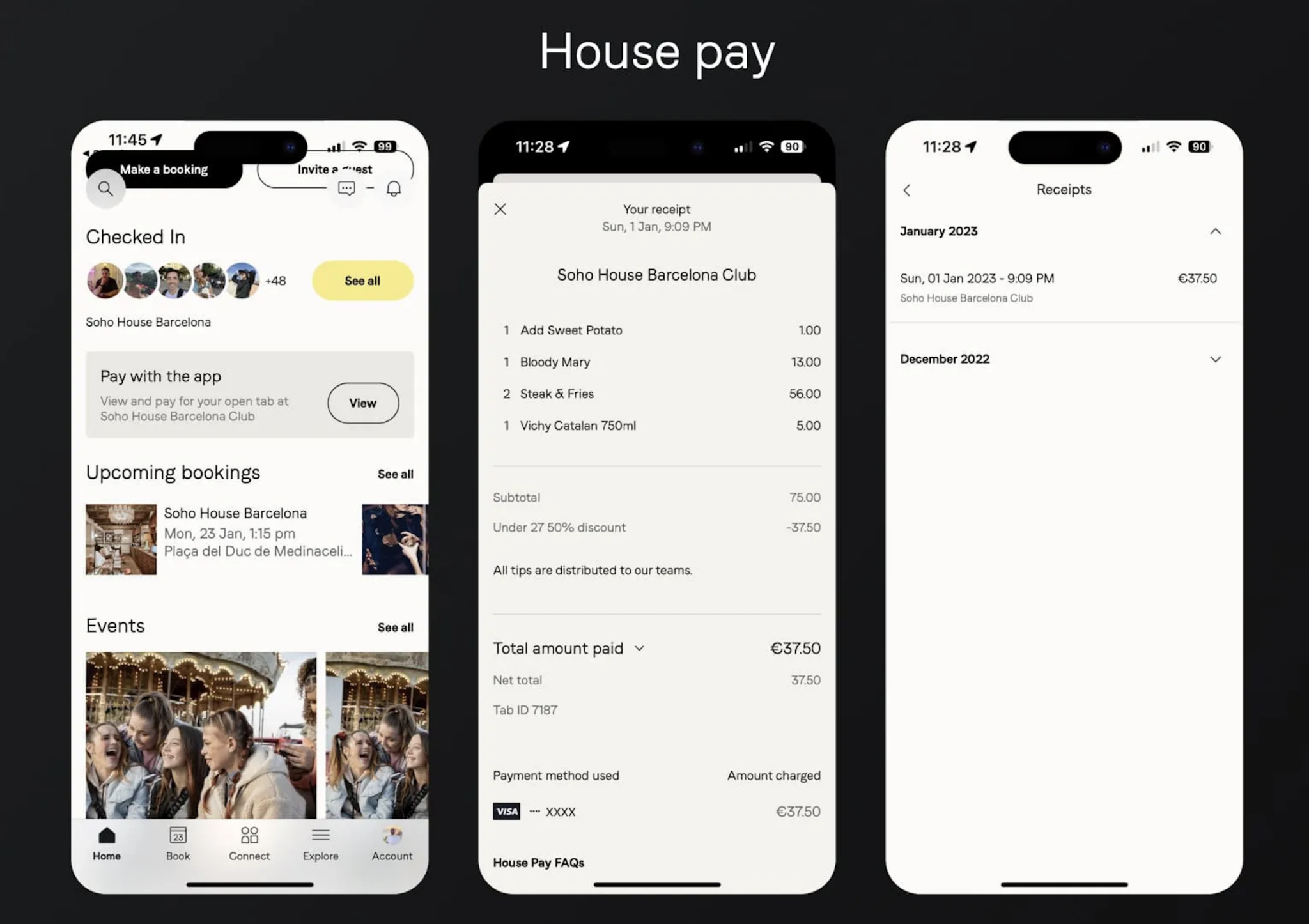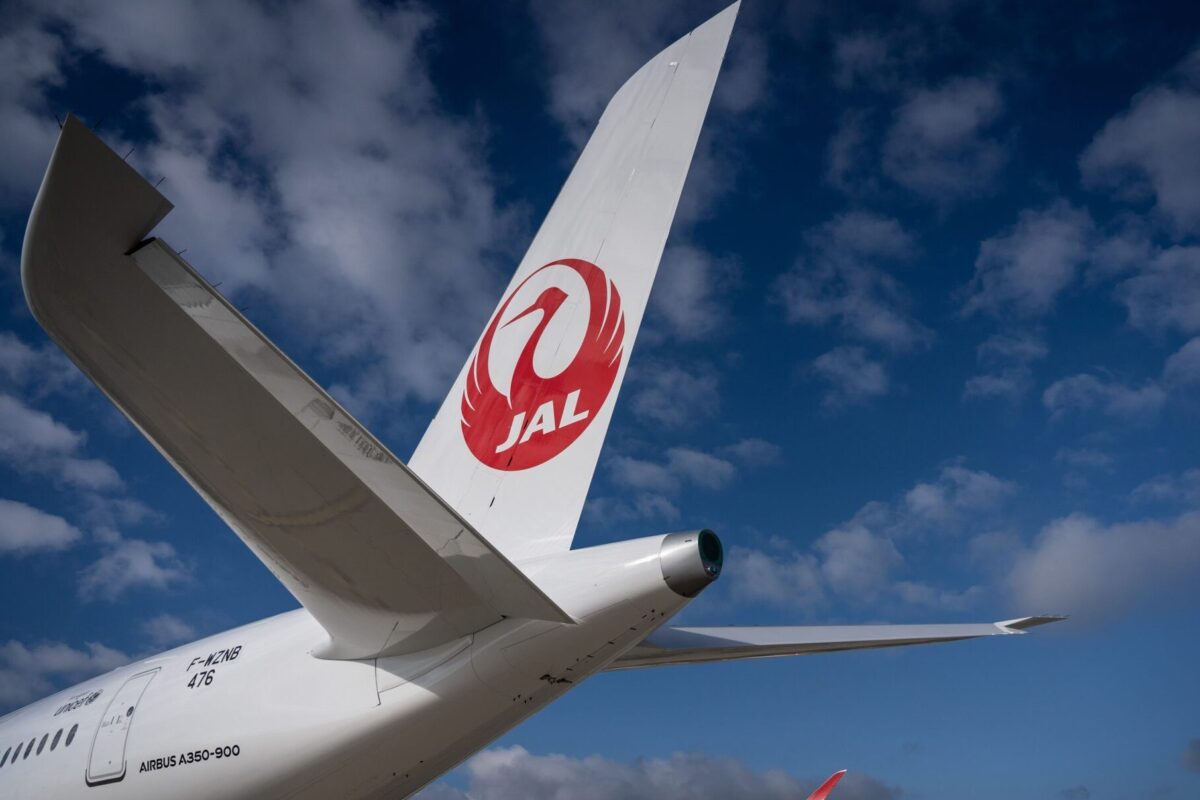Booking.com Tries to Make European Regulators Happy, Ends Up at Disadvantage

Skift Take
Booking.com unveiled a tentative agreement to appease antitrust regulators in France, Italy, and Sweden in a move that would modify its “rate parity” clauses with hotels.
In so doing, it appears as though Booking.com, the largest online hotel booking site in Europe — and the world — could be put at somewhat of a disadvantage versus competitors because of Booking.com’s market dominance.
In a Securities and Exchange Commission filing December 15, the Priceline Group announced that its Booking.com unit has reached “proposed commitments” with national competition authorities in those three countries, which were working closely with the European Commission, that would alter the existing “most favored nation” provisions in its contracts with hotel contracts.
By mid-afternoon December 15, Priceline Group’s stock price closed down 2.3 percent to $1,078.64 on Nasdaq in New York.
Under these existing price parity agreements, a hotel is required to provide Booking.com and other online travel agency competitors with the same or better rates than the hotel offers on its own website to consumers.
Under the proposed change, the hotel would still be required to offer Booking.com the same or better rates than the hotel offers to consumers, but the hotel would be free to offer Expedia, Hotels.com, Venere, Lastmintute.com, Ebookers or other Booking.com competitors better rates.
For example, if InterContinental provided Booking.com with a room at a retail rate of $200, InterContinental couldn’t offer the room for a lower price on its own websites but InterContinental would be free to offer Ebookers or Hotels.com the same room for $190.
What Does This Mean?
Henry Harteveldt of Atmosphere Research Group notes that the proposed agreement gives hotels more freedom on how they want to do business.
“If a certain online travel agency wants to do a promotion with a hotel, the hotel would get the flexibility,” Harteveldt says.
Harteveldt argues, though, that the proposed agreement appears to single out Booking.com because of its success and unfairly places limits on Booking.com’s ability to compete.
“If Booking.com is constrained on the rates it can charge versus other agencies, Booking.com can’t be as competitive on price,” Harteveldt says. “It’s possible that, with this, hotels can help Booking.com’s competitors gain market share at Booking.com’s expense.”
The Impact?
Booking.com’s proposed “narrow” price parity rules are geared to show competition authorities that the online travel company is not engaging in anticompetitive behavior by having contracts that limit hotels’ abilities to forge more consumer-friendly agreements with Booking.com’s competitors.
But as a practical matter, it wouldn’t necessarily be in hotels’ best interest to offer Booking.com’s competitors lower rates on an ongoing basis than hotels offer Booking.com because that would mean the hotels would offer Expedia or Lastminute.com lower rates than the hotel offers consumers on its own websites.
That’s because under the proposed narrow rate parity provision, the hotels have to offer Booking.com the same or better rates than the hotel offers consumers on its own websites.
“I don’t think there is a material practical impact from this because this fundamentally reflects what is taking place within the hotel industry today; it is not in the best interest of hotels to give competitors lower retail rates than on their own websites,” says hotel consultant Robert Cole of Rockcheetah.com. “That’s because that would give that competitor a retail advantage over both the hotel and Booking.com.”
Hotels are already giving online travel companies such as TripAdvisor pricing that dodges rate parity clauses but they do so through “special offers” on a brand’s mobile app or to a closed group of loyalty program members on a tactical, as needed basis, and not as a standard practice.
What’s Next?
Regulatory authorities in the three European countries have opened the proposal to public comments through the end of January 2015, and Booking.com plans on implementing these narrow rate parity provisions within six months if the competition authorities close their investigations. Booking.com wouldn’t be subject to any fines or findings of wrongdoing if the commitments are accepted, the company states.
Bloomberg notes that Germany, too, is investigating alleged anticompetitive practices by Booking.com and Expedia over hotel pricing, and the UK is revisiting its probe of the two online travel companies and InterContinental Hotels after a proposed settlement was nixed by a court.
Booking.com states that it “is hopeful that the proposed commitments will pave the way for an industrywide solution to the ongoing investigations across Europe.”





